Dr Hyun-Joo Lim, Faculty of Health and Social Sciences
University of Bristol’s Centre for East Asian Studies at the School of Sociology, Politics and International Studies organised a workshop on Europe and East Asia for PhD researchers and early careers academics on Friday 27 March. This was a great opportunity for an academic like me, whose interest lies in East Asia and migrants from this region, to present my work and to network with emerging scholars in the field.
My presentation in this workshop focused on East Asian (Chinese, Japanese and Korean) women’s perception of their husband’s ethnicity in the division of housework and how they construct different modes of masculinities based on ‘race’ and ethnicity. This paper was drawn from my PhD, which examined the life stories of first generation East Asian women living in England. One of the objectives of the study was to explore gender relations at home and the ethnicity of the husband emerged as a major factor affecting them. My findings indicate a certain degree of differences in the division of household labour between couples, depending on whether they have got married to British men or East Asian men. Three participants reported to have egalitarian gender relations at home with men sharing housework and childcare either equally or even taking primary roles. All the women in this category got married to white British men. By contrast, 11 women said that they took almost sole responsibility for housework and childcare, regardless of their employment status. Among this group all but one woman were married to East Asian men.
Whilst the above findings are interesting and illuminate some degree of reality in these women’s experiences, the aim of my research is not to present a generalisable fact. Rather, I was interested in how these women construct divergent modes of masculinities in their talk and its theorisation. Therefore, my paper focused more on the nuanced meanings of East Asian women’s narratives and the impact of cultural imperialism on their perception of masculinities. More revealing than my above findings is the way women divide masculinities along the racial line and place a kind of hierarchical order. Often in their stories British men were depicted positively as egalitarian and doing a lot in the house. If they didn’t, they were represented as outdated like East Asian men. In contrast, East Asian men were portrayed as backwards and traditional, who did not move a finger in the house.
The idea of ‘racialised masculinities’ was developed from the concept of ‘racialised femininities’ based on the work of Pyke and Johnson (2003), which explored the way second generation Korean- and Vietnamese-American women construct femininities in their everyday life. According to this study, young Asian American women depicted American and Asian femininities in a dichotomised way, similar to the way my participants talked about British and East Asian masculinities. Their participants represented American femininity as independent, active and assertive, superior to Asian femininity, which is seen as passive, weak and hyperfeminine. My paper illuminates East Asian women’s internalisation of the discursive construct of the Orient by the West (Said’s 1978) and how it continues to affect their everyday psyche, resonating in their language. I concluded the presentation, arguing that racially divided masculinities overlook persistent gender inequality in Britain as well as variation within a society. For instance, it is well documented that women continue to take the majority of household work, including childcare, in Britain, despite some increase in men’s participation (e.g. Crompton, et al. 2007; Geist 2010; Kan 2012). Simultaneously, a growing number of East Asian men, especially those who are well educated and have professional jobs, are contributing more and more to housework and childcare (Ishii-Kuntz, et al. 2004; Schwalb, et al. 2004, 2010; Yoon and Chung 1999). The paper was very well received with a lot of follow-up questions and round table discussions.
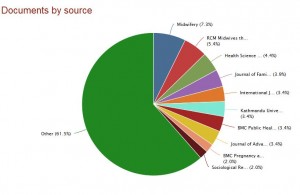



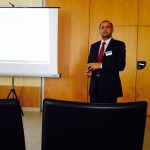
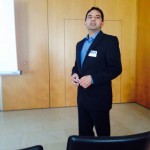
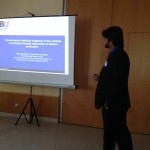
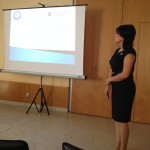
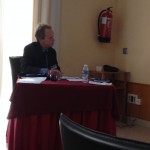
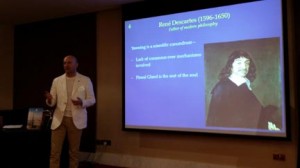

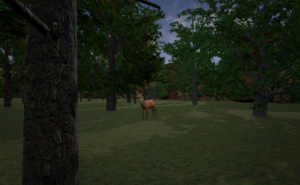
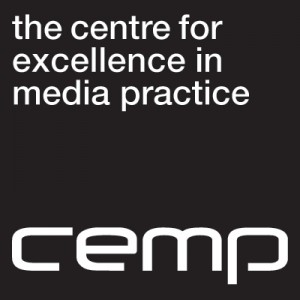


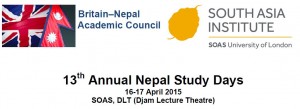
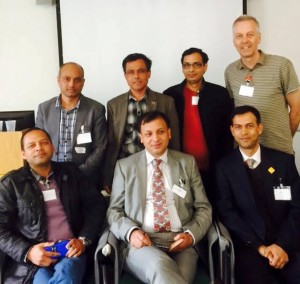













 Fourth INRC Symposium: From Clinical Applications to Neuro-Inspired Computation
Fourth INRC Symposium: From Clinical Applications to Neuro-Inspired Computation ESRC Festival of Social Science 2025 – Reflecting back and looking ahead to 2026
ESRC Festival of Social Science 2025 – Reflecting back and looking ahead to 2026 3C Event: Research Culture, Community & Cookies – Tuesday 13 January 10-11am
3C Event: Research Culture, Community & Cookies – Tuesday 13 January 10-11am Dr. Chloe Casey on Sky News
Dr. Chloe Casey on Sky News Final Bournemouth University publication of 2025
Final Bournemouth University publication of 2025 ECR Funding Open Call: Research Culture & Community Grant – Application Deadline Friday 12 December
ECR Funding Open Call: Research Culture & Community Grant – Application Deadline Friday 12 December MSCA Postdoctoral Fellowships 2025 Call
MSCA Postdoctoral Fellowships 2025 Call ERC Advanced Grant 2025 Webinar
ERC Advanced Grant 2025 Webinar Horizon Europe Work Programme 2025 Published
Horizon Europe Work Programme 2025 Published Update on UKRO services
Update on UKRO services European research project exploring use of ‘virtual twins’ to better manage metabolic associated fatty liver disease
European research project exploring use of ‘virtual twins’ to better manage metabolic associated fatty liver disease